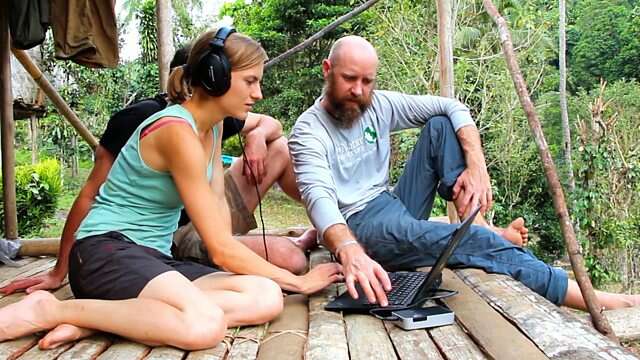
Since I went on sabbatical in 2012 in Ireland for three months, I have gained a deep and abiding fondness for the work of the British Broacasting Company (BBC) World Service. It is helpful to remember that not only is the United States not the center of the world, but that the variety of human experience and and the challenges we face are enormous.
One of the things I have come to appreciate about the BBC is the committment to in-depth journalism that connects scientific progress with the challenges of seeking to continue the path of human progress while at the same time taking seriously the impact of unchecked human interaction with the created world.
This episode of the podcast “People Fixing the World” about the soundscape in Papua New Guinea can show us a thing or two about awareness, observation, flexibility and change.
The story tells of an indigenous group in Papua who, up until about 50 years ago, had no contact with the outside world. It tracks the relationship between local conservation officials, the local indigneous groups and western scientists. The science is great, but what I found the most intriguing was the wisdom of leaders to take a long view and recognize that the gift of increased lifespan within the community could ultimately lead to the extinction of their way of life, not from incursion, but depletion of the resources.
Ultimately, it seems to me this is a story about sustainability and the courage to trust the new in the service of allowing the traditions to adapt to the realities that we face. When traditions have outlived their purposes in keeping the health of the community, it is time to assess if the tradition still serves the vision, mission and endurance of the community.
I commend the episode to you and would welcome your responses.
